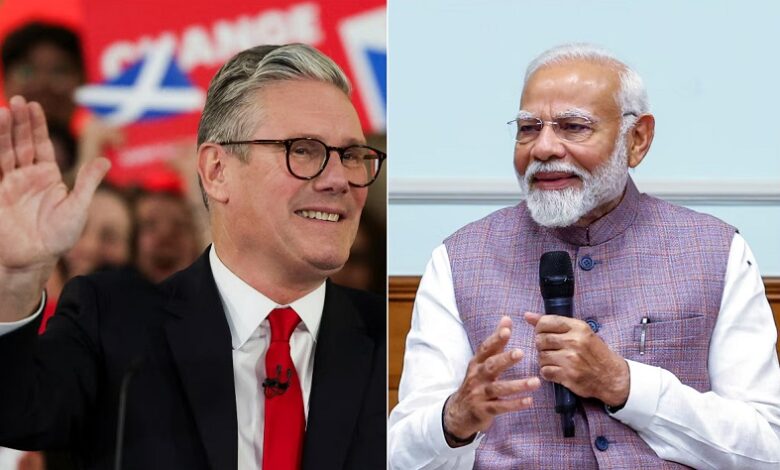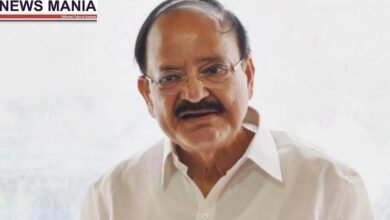
News Mania Desk/ Agnibeena Ghosh/ 6th July 2024
As the newly elected UK Prime Minister, Keir Starmer faces the significant challenge of mending the Labour Party’s strained relations with India. This task is particularly pressing given the party’s previous remarks on the Kashmir issue, which have created considerable friction. Starmer’s leadership saw the Labour Party achieve a landslide victory in the general elections, effectively ending the Conservative Party’s 14-year rule under Rishi Sunak.
The Labour Party’s past stance on Kashmir has been controversial. In stark contrast to the British government’s position that Kashmir is a bilateral matter between India and Pakistan, the party, under Jeremy Corbyn, passed a 2019 motion calling for international observers in Kashmir and advocating for the right of self-determination for its people. This resolution, perceived as pandering to a vote bank, was met with strong disapproval from India.
Recognizing the importance of strong ties with India, one of the world’s fastest-growing economies, Starmer has embarked on a mission to rectify the missteps of his predecessors. His manifesto emphasizes a “new strategic partnership” with India, focusing on trade agreements and strengthening bilateral relations. Starmer has explicitly stated that constitutional issues in India are for the Indian Parliament to resolve and that Kashmir should be peacefully addressed between India and Pakistan.
During his campaign, Starmer actively engaged with the Indian diaspora, denouncing Hinduphobia and participating in cultural celebrations such as Diwali and Holi. This outreach is part of a broader effort to rebuild trust with the British-Indian community and enhance business ties with India, aligning with Labour’s international agenda.
Starmer’s policy shift aims to foster stronger business connections and ensure a cooperative relationship with India, which is crucial for both countries. The Labour Party’s return to power also brings a foreign policy of “progressive realism,” which includes pragmatic approaches to global challenges like climate change and international security.
In his manifesto, Starmer outlines plans for a strategic partnership with India, focusing on trade agreements and cooperation in areas such as technology, security, education, and environmental issues. This comprehensive approach aims to strengthen the bilateral relationship and promote mutual growth and development.
Labour’s resounding victory in the general elections, securing over 326 seats for a House of Commons majority, marks a significant turnaround for the party within a single electoral cycle. This change in government, anticipated for months, underscores the public’s desire for new leadership and direction.
As Prime Minister, Starmer’s immediate challenge will be to navigate the complex dynamics of international relations, particularly with India. By emphasizing mutual respect and cooperation, Starmer hopes to lay the foundation for a robust and enduring partnership. This strategy not only aims to repair past damages but also to position the UK and India as key allies in addressing global issues.
Starmer’s efforts to restore the Labour Party’s ties with India are crucial for the future of UK-India relations. By acknowledging past mistakes and demonstrating a commitment to constructive dialogue and collaboration, Starmer seeks to build a positive and forward-looking relationship. As he steps into his new role, the world will be watching closely to see how he navigates this critical aspect of his international agenda.






